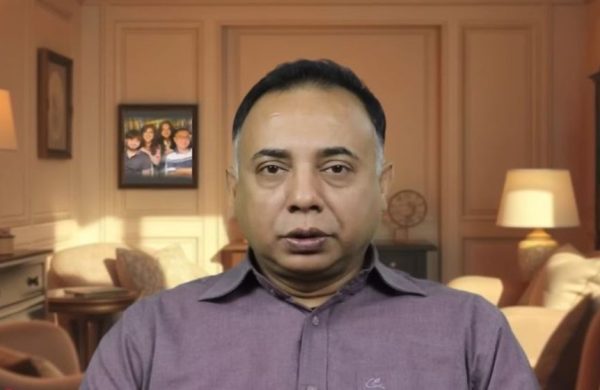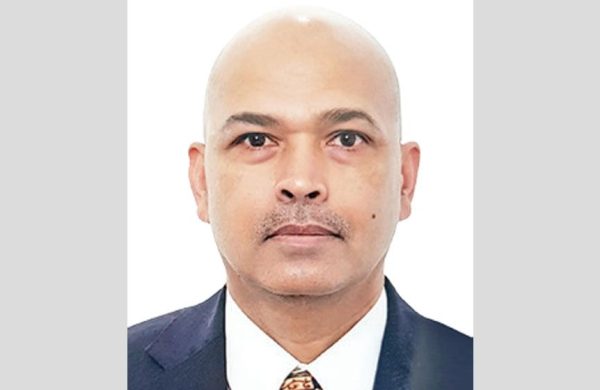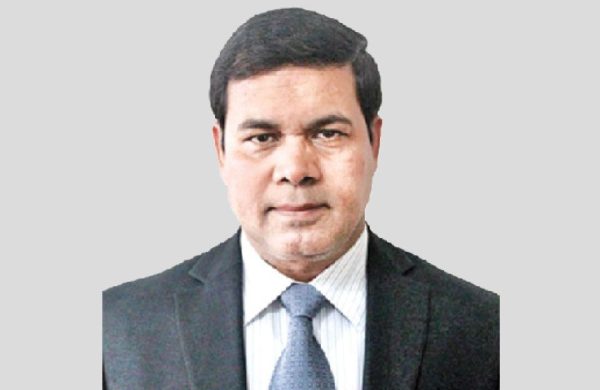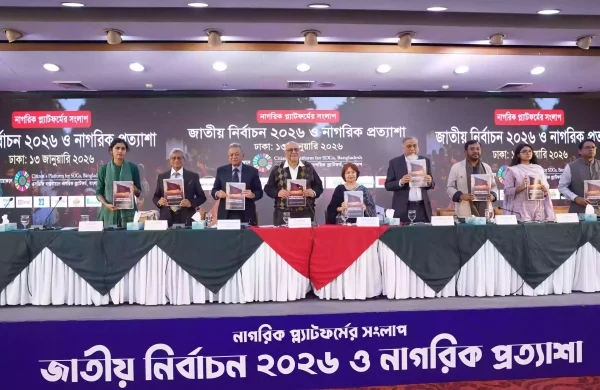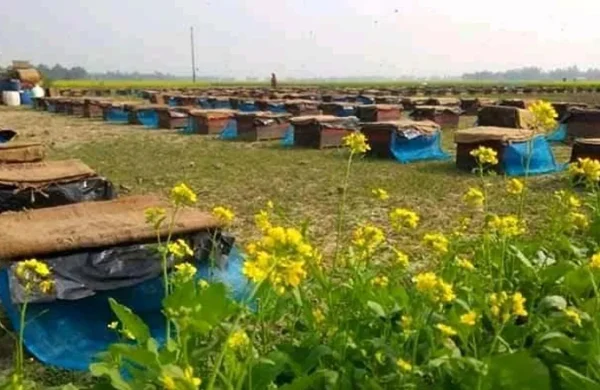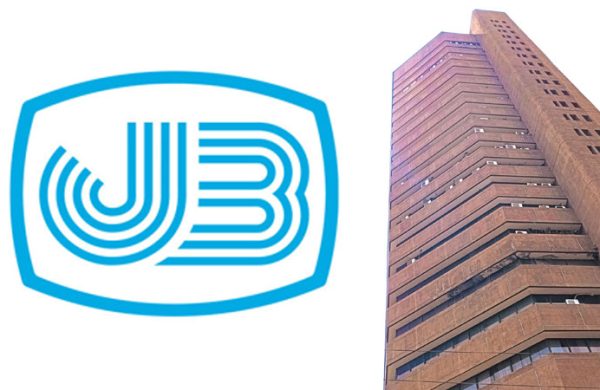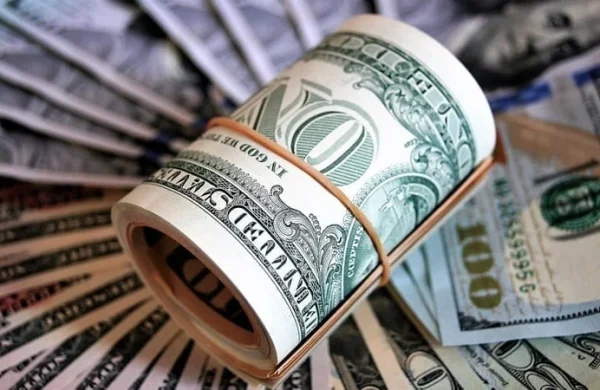Is the country’s business conducive any longer?
- Update Time : Friday, August 2, 2024

–Ozair Islam–
Bangladesh has always been open to foreign investment, and the government of Bangladesh is working to draw in capital for areas that will actually see economic growth, even though the quota reform movement’s violence, a five-day internet blackout, and the ongoing curfew have somewhat slowed down foreign investors’ interest in investing there. Bangladesh can undoubtedly attract attention from around the world for its improving business environment and investment friendliness, which makes sense considering the nation’s many accomplishments and well-deserved recognition for its swift economic resilience.
The goal of politically motivated violence and related media propaganda was to damage Bangladesh’s national economic interest particularly sabotaginginfrastructural development and slowing down economic resilience, to isolate the nation from the outside world, and to damage Bangladesh’s reputation as a safe place to invest and do business. In response, the government of Bangladesh has taken decisive action to reestablish law and order, prevent sabotage, and preserve Bangladesh’s standing as a thriving, resilient nation that attracts foreign investment. However, their malicious campaign is unable to undermine the trust that foreign investors have confidence in Bangladesh’s potential market.Bangladesh is accurately approaching to stabilize the country politically, portraying the situation in which foreign investment and economic development are contingent. Foreign citizens living in Bangladesh and International companies are not leaving the Bangladeshi market, but rather are joining it with new vigor thanks to a favorable business environment.
There is a rumor circulating that major nations are pulling their citizens out of Bangladesh because of the ongoing political unrest surrounding the recent violent movement.Rumors of countries removing citizens from Bangladesh false. For instance, on July 30, the Chinese business Baida Industrial Company Limited announced that it would invest US$ 126 million to establish a manufacturing industry for printed materials and packaging products in the Uttara Export Processing Zone (UEPZ) in Nilphamari.
About 1150 citizens of Bangladesh will be able to work for this company. In order to investigate investment opportunities in the nation’s tourism industry, a high-level Thai delegation recently visited Sabrang Tourism Park in Cox’s Bazar, which is thought to be the nation’s first exclusive tourism park. Thus, we can see optimism for the Bangladeshi market and its economic potential is shown among foreign investors as they keep increasing their investment or operations in the country. These incidents demonstrate that investors remain optimistic about Bangladesh’s market potential and business-friendly atmosphere. The government of Bangladesh has recently put in place a number of comprehensive measures that support the favorable outlook for international trade.
The nation regaining its normalcy after suffering a great cost. Dhaka, the nation’s capital, resumed its typical appearance as people went about their everyday business. On Wednesday, things got back to normal across the nation. After five days, officials and staff from every government, semi-government, and autonomous office in the nation returned to work on Wednesday. Financial institutions and banks have already begun to function according to regular schedules starting on Wednesday. All of Bangladesh is now once more connected to 4G internet. On July 23, internet access via broadband was gradually restored.
Bangladesh’s reputation as a nation that welcomes investment makes it seem like a safe haven for investors everywhere. The current nationwide curfew has begun to be loosened by the government. The current curfew will gradually be loosened as things in Bangladesh begin to slowly return to normal. The business community is throwing its full weight behind the government to help it overcome every obstacle. Bangladesh needs more foreign direct investment (FDI) at a time when the country is facing severe economic losses as a result of recent political unrest that has been stoked by certain vested interests.
The worst-case scenario in Bangladesh could cost the economy $10 billion, according to US news outlet “Bloomberg.”. In order to cover its immediate financial losses, attract more foreign companies, diversify its manufacturing base, facilitate technology transfer, and meet its 2041 target of becoming a developed economy, the nation is in dire need of foreign investments and business activities. Stabilizing Bangladesh’s external images and addressing the root causes of the unrest will be priorities as it navigates these political and economic challenges. Bangladesh still holds a lot of promise for the developing apparel market, which is expanding at a compound annual growth rate. Remittances from overseas and freelancers’ earnings from outsourcing could support Bangladesh’s economy through 2024 and beyond.
In order to help, the government could promote business-friendly policies, eliminate port demurrage fees, guarantee a steady supply of energy, stop administrative hurdles, and boost confidence among investors and companies. The authority has taken a very important step by waiving the port demurrage charges for any consignments arriving at the Chittagong port between July 16 and August 5, up to a maximum of seven days. Entrepreneurs who export clothing will be qualified for an 11-day free period after receiving the latest notification from the shipping ministry.
The National Board of Revenue (NBR), Chittagong port, banking, ICT, and energy supply are among the areas where the timely decisions made by the Bangladeshi authorities could result in increased foreign investment, increased foreign trade, and stable supply chains. Building high-tech parks, creating 100 economic zones, and implementing one-stop shopping should all help draw in foreign investment. Over the past ten years, Bangladesh’s economic growth has been extremely impressive. Bangladesh, the world’s most populous and economically significant least developed country (LDC), aspires to leave the UN’s LDC classification in 2024.The largest least developed country (LDC) in the world in terms of both population and economic size, Bangladesh hopes to graduate from the UN’s LDC category in 2026. With a population of just over 170 million, the nation has a robust consumer demand and a rapidly expanding consumer goods market that includes everything from clothing and white goods to fintech. The government intends to persist with political stability, its investment-friendly policies, as they contribute to increased industry investment, improved technology, and increased job creation. Nonetheless, foreign business operations are supported by Bangladesh’s open, market-oriented, internationally integrated, and legally-based business environment.
(The writer is a student of Master’s at the Department of Development Studies in the University of Dhaka)


